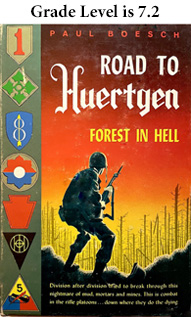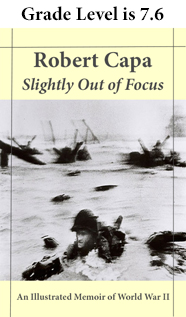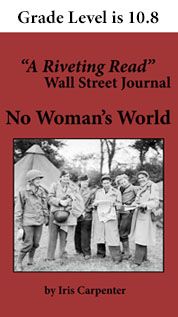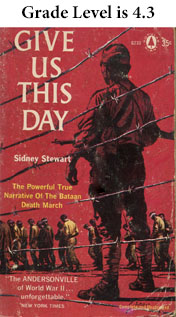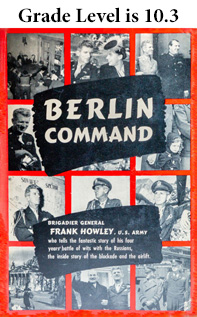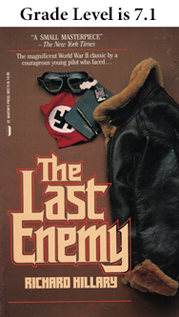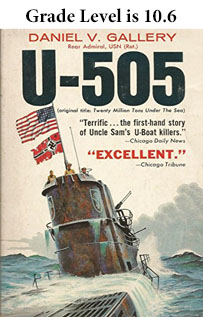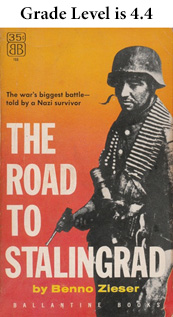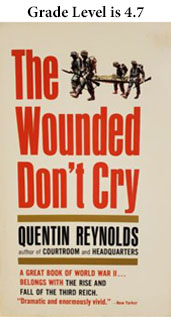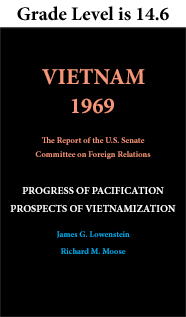Road to Huertgen Forest, Forest in Hell by Paul Boesch
The epub format below is for your Apple and Android devices including Send-to-Kindle.
As you may know, Amazon has changed to the epub format to use with the Send-to-Kindle program. A great feature of the Send-to-Kindle program is that the file will go directly to your Library folder, and not have to be searched for in ES File Explorer or another app. If you use the mobi format in Send-to-Kindle, you will now get an error message. You can see instructions about Send to Kindle at https://www.amazon.com/gp/sendtokindle/email.
If you or your students want to download directly from this web site to an Amazon device, you can use the mobi format below. When you find the mobi file in ES File Explorer, it will then open in the Kindle app on your tablet. If you download an epub file to your Amazon tablet, it will also open if you have an app such as Overdrive or Libby on your tablet. The Kindle app offers an excellent reading experience to start with. Overdrive may need some customization of font size.
From Goodreads
“It’s hell,” he said flatly. “Pure unadulterated hell. That’s the only word for it. It’s hell.”
The Battle of Huertgen Forest was one of the bloodiest engagements of the Second World War.
Fought between American and German forces between 19th September to 16th December it was the longest single battle the U.S. Army has ever fought.
During those three months six American Infantry Divisions — the 1st, 4th, 8th, 9th, 28th and 83rd — and part of the 5th Armored Division fought against the battle-hardened Germans.
Lt. Paul Boesch provides an eyewitness account of the horrors that he and his men saw as they struggled through the rain and mud, avoiding artillery, mortars and mines.
This book is a remarkable account of one of the most vicious battles in World War Two told honestly by a man who was there.
“A true but little-told account of what it means to be an Infantryman.” Major General William G. Weaver.

